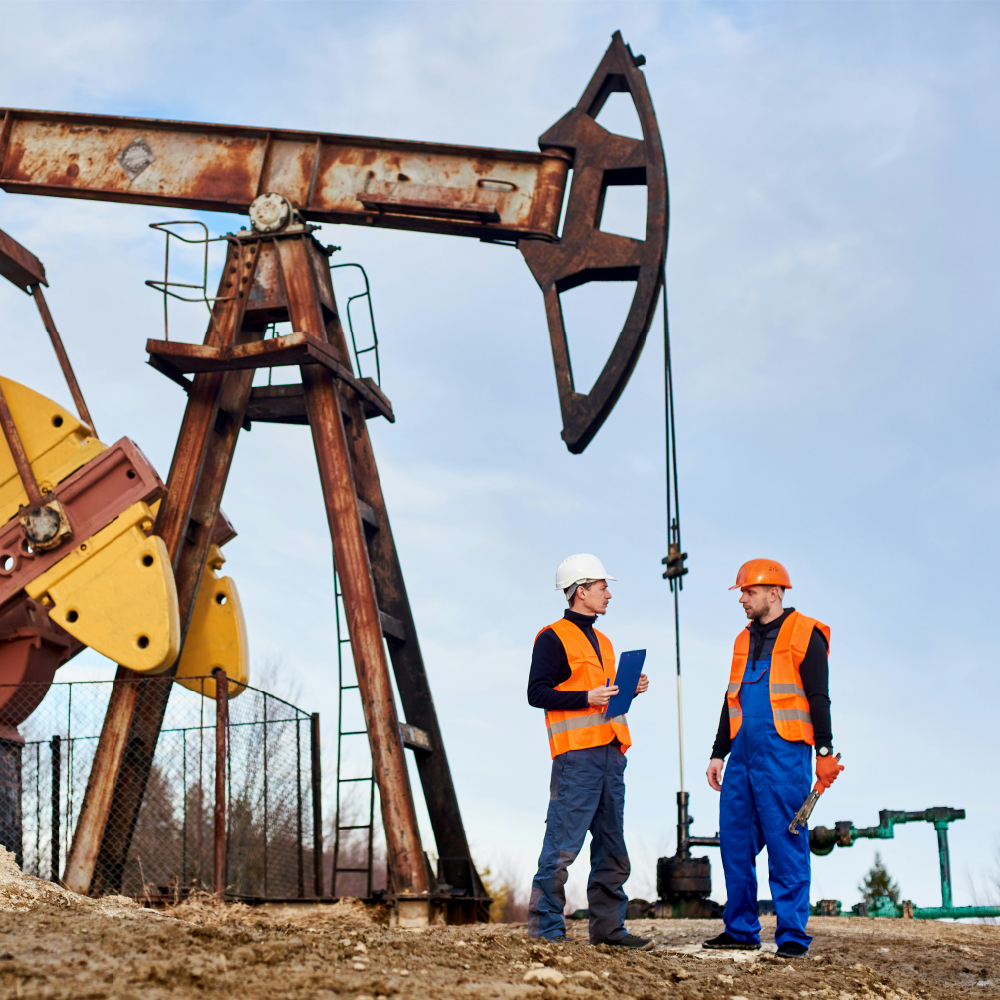
Oil wells have been a cornerstone of the global economy for decades, providing the critical raw material that fuels industries, powers transportation, and supports modern lifestyles. As the world continues to rely on oil, the economic impact of oil wells extends beyond national borders, shaping global markets and influencing geopolitical strategies.
The Foundation of Energy Production
Oil wells serve as the primary source of crude oil, which is refined into gasoline, diesel, jet fuel, and other vital products. This process begins with exploration and drilling, where advanced technology identifies underground reserves. Once located, wells extract crude oil, enabling energy production to meet growing global demands.
The extracted oil undergoes a complex refining process, transforming it into fuels and materials essential for everyday life. Transitioning from raw crude to usable energy illustrates the intricate supply chain oil wells support. From powering vehicles to heating homes, oil-derived energy remains indispensable in numerous sectors.
Driving Economic Growth and Industrial Development
Oil wells not only provide energy but also act as catalysts for economic growth. Countries rich in oil reserves benefit from export revenues, which fund infrastructure projects, healthcare systems, and education. This income creates jobs and stimulates local economies, showcasing the broader impact of oil production.
Additionally, industries such as manufacturing, aviation, and construction heavily rely on oil. Transitioning to renewable energy sources is progressing, yet these sectors remain dependent on oil for operations. This reliance underscores the enduring importance of oil wells in sustaining industrial activities worldwide.
Supporting Global Trade and Market Stability
The global trade network depends significantly on oil, with shipping and logistics requiring vast amounts of fuel. Oil wells supply the raw material that drives these operations, ensuring the seamless movement of goods across continents. This interconnectedness highlights how oil wells play a central role in maintaining global market stability.
Moreover, oil prices influence economic conditions worldwide. Fluctuations in production levels, geopolitical tensions, or natural disasters can lead to significant changes in oil prices. This volatility underscores the strategic importance of oil wells in stabilizing energy markets and supporting economic resilience.
Advancing Technological Innovation
Oil exploration and extraction have spurred technological advancements, benefiting industries beyond energy. Innovations in drilling techniques, such as horizontal drilling and hydraulic fracturing, have improved efficiency and reduced environmental impacts. These breakthroughs demonstrate how oil wells drive innovation across multiple domains.
Furthermore, research in oil production has led to improved safety measures and environmental protection strategies. As the industry continues to evolve, the knowledge gained from oil well operations contributes to broader scientific and technological progress, benefiting global society.
Addressing Environmental Challenges
While oil wells fuel the economy, they also present environmental challenges that demand attention. Oil extraction and consumption contribute to greenhouse gas emissions, necessitating efforts to mitigate climate change. The industry is investing in cleaner technologies and carbon capture solutions to reduce its environmental footprint.
Transitioning to sustainable practices involves balancing economic benefits with ecological responsibility. By adopting greener technologies, the oil industry can continue contributing to the economy while addressing environmental concerns. This dual approach ensures long-term sustainability for future generations.
Shaping Geopolitical Dynamics
Oil wells significantly influence international relations, shaping alliances and conflicts. Countries with substantial oil reserves hold strategic power, often using energy resources as diplomatic tools. This dynamic underscores how oil wells extend their impact beyond economics, affecting global political landscapes.
The geopolitical importance of oil wells is evident in the formation of organizations like OPEC, which coordinates oil production to influence global prices. This coordination ensures market stability and demonstrates the interconnected nature of oil wells and international policies.
Preparing for a Transition to Renewable Energy
As the world gradually shifts towards renewable energy, oil wells remain crucial during the transition phase. While solar, wind, and other alternatives gain traction, the infrastructure supporting these technologies still depends on oil-derived products. This reliance highlights the continuing relevance of oil wells in bridging the energy gap.
Investing in renewable energy does not negate the immediate necessity of oil. Instead, it complements ongoing efforts to diversify energy sources, ensuring a smoother transition to a sustainable future. Oil wells, therefore, serve as both a foundation and a stepping stone for the evolving global energy landscape.
Balancing Economic Growth and Sustainability
Oil wells have long been a driving force in the global economy, supporting energy needs, industrial development, and international trade. Their influence extends to technological innovation and geopolitical strategies, underscoring their multifaceted role in shaping modern society. As the world faces environmental challenges, oil wells also present opportunities for sustainable advancements. Striking a balance between economic benefits and ecological responsibility will ensure that oil wells continue to fuel progress while paving the way for a cleaner, greener future.